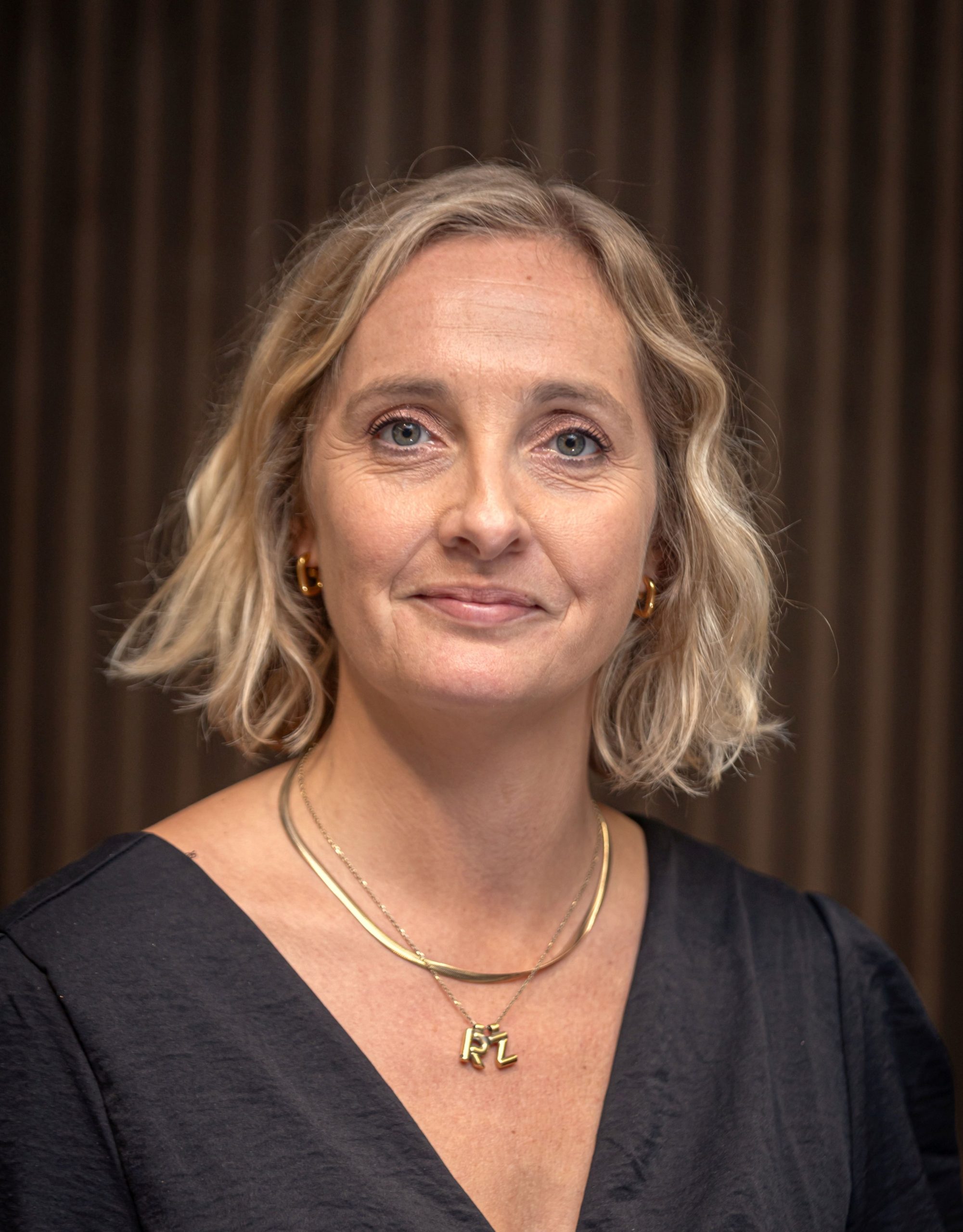
Aisling Barker, Violence Against Women and Girls Workforce Development manager at Islington Council, and qualified social worker, is the latest practitioner to join the City St George’s University of London (CSGUL) Practitioner in Residence programme. She became aware of the programme through her work on teenage relationship abuse with co-Deputy Director of the Violence and Society Centre (VASC) at CSGUL and VISION consortium Senior Research Fellow Dr Ruth Weir.
Aisling and her team in Islington have been supporting professionals in their practice with adolescents for five years. They identified concerning trends in violence and abuse in relationships where the victim was as young as 13 years of age but the person causing harm was also as young as 14 or 15 years old. An alarming lack of support available for these young people was apparent – particularly those who were causing harm to their partners at that young age.
Aisling presented the work of her team at the first conference on Adolescent Domestic Abuse hosted by VISION in April 2024. Driven by curiosity the team began to analyse cases to understand where there were system strengths and gaps. They found knowledge and practice gaps in services responding to young people where there was harm in their relationships. They also found that young people often had good relationships with practitioners such as youth workers, gang workers and youth justice case workers. Identifying an opportunity for practice improvement, Aisling and her team developed a training and support package for services working with young people affected by criminality and offending behaviour. Aisling also presented the findings from their case analysis and a case study at the second National Working Group on Teenage Relationship Abuse roundtable in November 2024 also hosted by VISION.
With the support of Ruth and the VASC and VISION teams, Aisling’s focus as a Practitioner in Residence will be documenting and examining the impact of this training and support package as an innovative approach to the prevention and early intervention on violence against women and girls.
For further information, please contact Ruth at ruth.weir@citystgeorges.ac.uk
Photo supplied through Adobe Stock subscription.